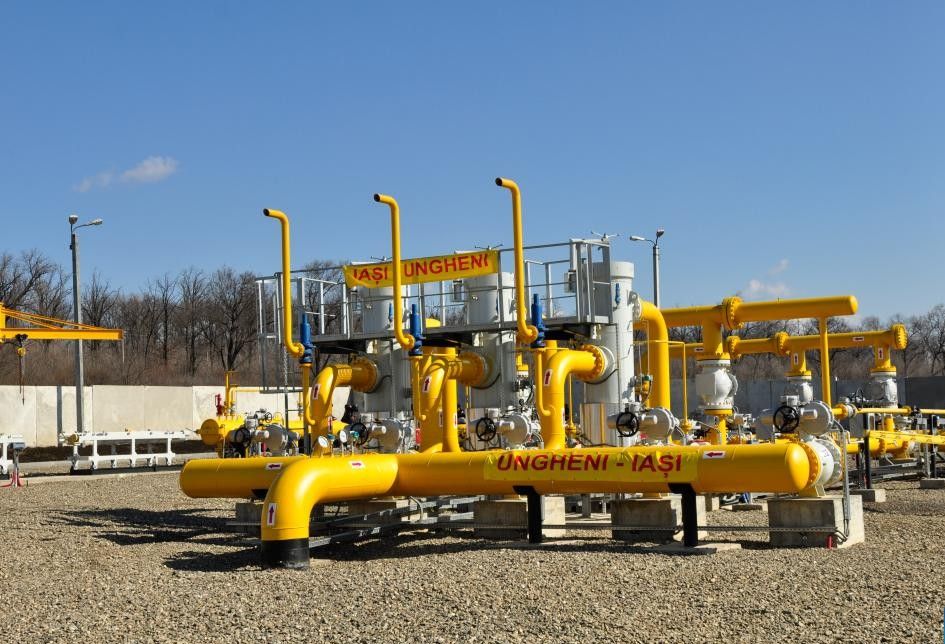In an effort to balance energy security and restore flexible operation, the European Union (EU) is expected to pass a landmark policy on April 12: loosening mandatory regulations to fill 90% of gas reserves before winter, Bloomberg reported.
This move is expected to "relieve" market pressure, reduce price pressure to save costs while gas prices are still high.
However, according to Politico, the move seems to "ignore" a request from the White House, which demands the EU increase spending on purchasing US liquefied natural gas (LNG) at a whopping $350 billion.
Leading the effort to reduce the goal of buying gas is 7 countries in the EU including France, Germany, Italy, Austria, Hungary, Slovakia and the Netherlands. These countries propose to reduce the mandatory reserve reserve rate from 90% to 80%. They think that 90% is forcing the EU to buy a huge amount of gas - mostly from the US - at the right time the highest gas price of the year.
"The current situation is very unstable and competitive, so more flexibility is better than being rigid in maintaining the same targets," said Mr. Žygimantas Vaičiūnas, Minister of Energy of Lithuania.
He also said that falling industrial demand - a consequence of US President Donald Trump's tariff policies - will make it more difficult to buy more LNG from the US.
Since the reduction in Russian gas supplies, Europe has turned to relying on LNG from the US. However, now, it is economic pressure from the US that makes the EU look for ways to restrain itself.
According to Laura Page, an analyst at data firm Kpler, reducing gas reserve targets will help the EU reduce import pressure in the summer, contributing to price reduction and bringing a better deal to European consumers.
Meanwhile, the countervailing tax policy of the Donald Trump administration is putting EU exporters at risk of being highly taxed on goods exported to the US. This leads to a forecast of a decline in industrial activities, which means lower energy demand.

Andreas Schroeder, head of energy analysis at ICIS, warned that new US tariffs could have long-term consequences for the European energy market. Reduced industrial demand will cause spot LNG deliveries into Europe to plummet.
In particular, President Donald Trump's $350 billion request stunned many people. According to calculations, that figure is equivalent to nearly 16 million barrels/day, higher than the current output of the US (about 13 million barrels/day).
European Commission spokeswoman Anna-Kaisa Itkonen responded: It is important to sign energy contracts based on demand and prices, which are always volatile. Therefore, it is difficult to comment seriously on a single figure from the US side.
While President Donald Trump has urged Europe to increase LNG purchases to reduce trade deficits, the EU is turning around cutting reserve targets to save costs. It is not yet clear where this gas confrontation will go.











